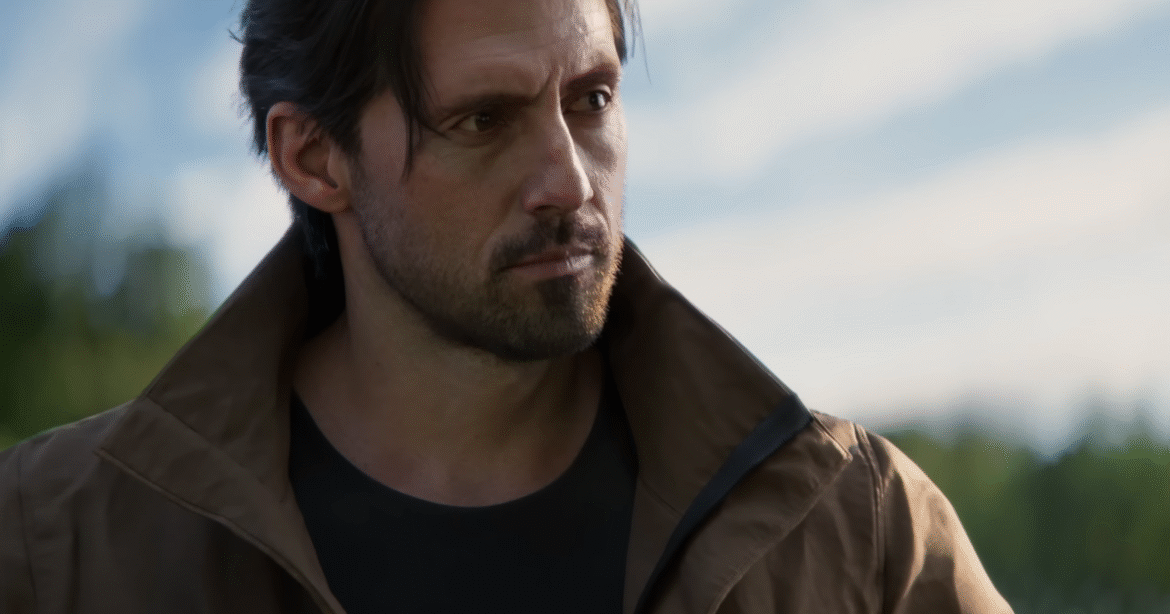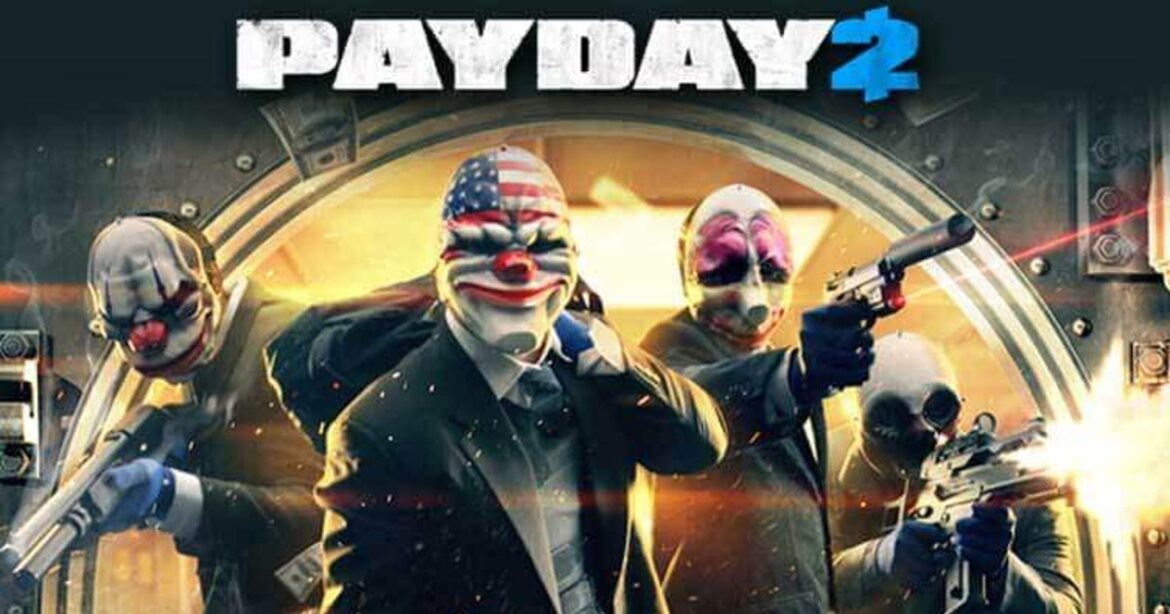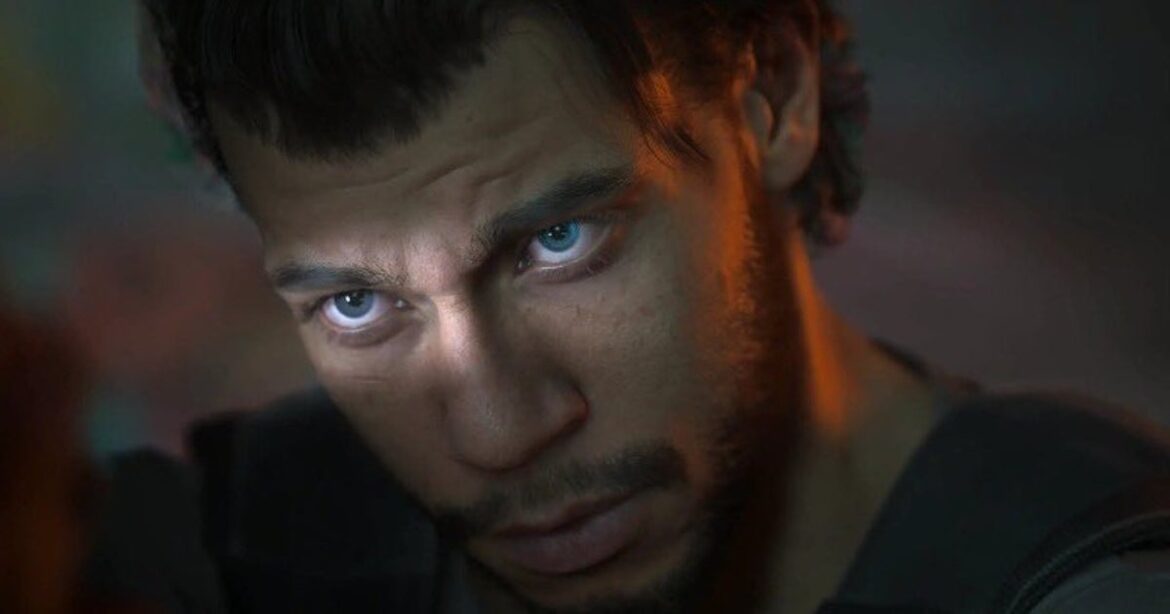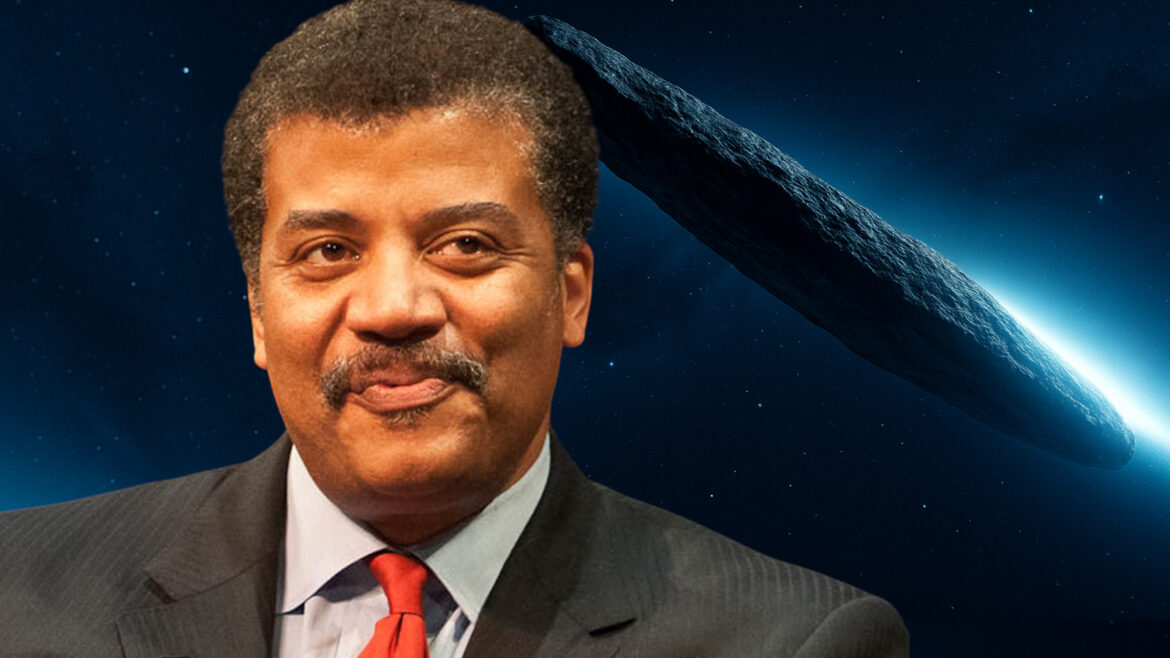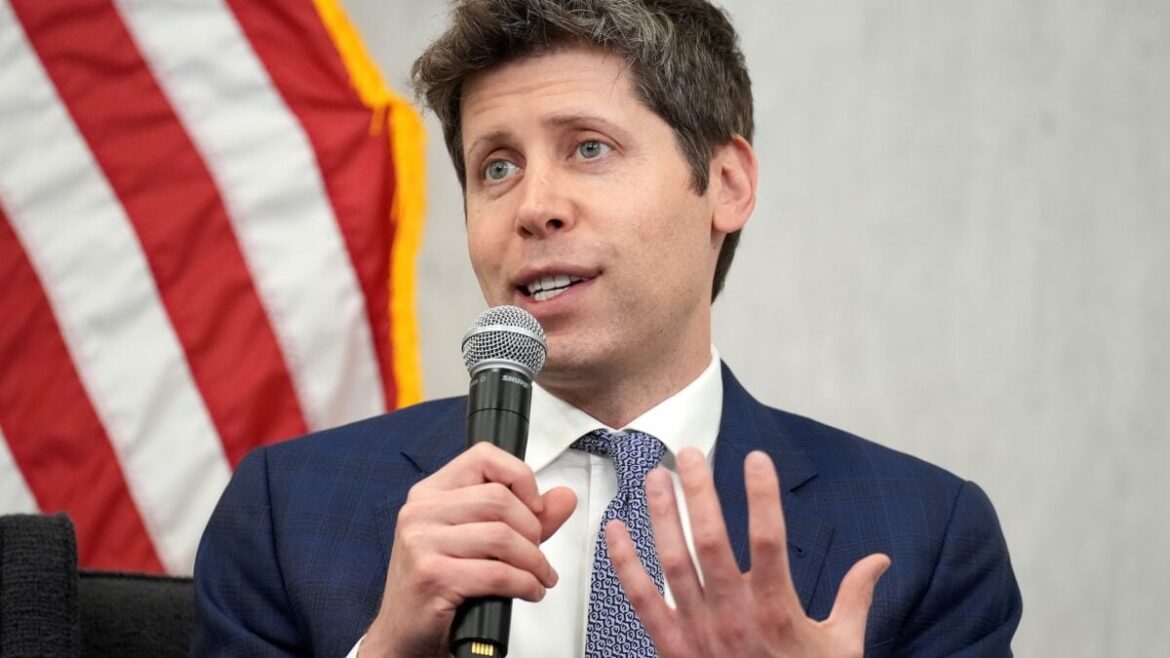Burger King is bringing back ball pits and play areas for kids, officially moving away from its more adult-focused era and its “Creepy King” mascot.
For kids growing up in the 90s – 2000s, playplaces at fast food joints like McDonald’s and Burger King were a staple part of the dining experience. Crawling through tunnels, climbing up ladders, and jumping into the ball pit are fond memories for most millennials and early Gen Zers.
However, in the last decade or so, many fast food chains have moved away from play places… but Burger King is aiming to bring them back.
Article continues after ad
As revealed at its September 2025 franchise convention, Burger King is reintroducing themed play areas for children under 10. The ‘modular’ playplace is decked out in Burger King’s classic Orange and White colors, featuring climbable castle towers, slides, and even a ball pit.
Restaurant Business Online / Jonathan MazeBurger King is bringing back play areas for kids under 10.
Speaking to the media, Burger King CMO Joel Yashinsky opened up on why they’d decided to bring back playplaces to their restaurants, saying the brand wants to be “fun” and “welcoming” for families.
Article continues after ad
Article continues after ad
“At our heart and soul, we were always a family brand,” he said. “So you will see that in the work we do, from advertising, from social media, a brand that’s welcoming and fun, but not at anyone’s expense.”
While Burger King’s play areas weren’t as numerous or famous as McDonald’s playplaces back in their heyday, they’re clearly ramping up the competition now and putting the ‘fun’ back in fast food.
Article continues after ad
Burger King retires its “Creepy King” mascot as it becomes more family-friendly
That isn’t the only big change Burger King is making to its branding, either; Yashinsky also revealed that they are officially done with ‘The King’ mascot, saying it was too scary for families with younger children. (The King was officially retired in 2011, but has been brought back from time to time for specific advertisements.)
“We had a number of learnings from ‘Creepy King,’ and we’ve moved away from him because he had limited appeal,” he said.
Article continues after ad
Article continues after ad
Burger KingBurger King’s “Creepy King” mascot is officially entering retirement (again) as the fast food chain enters a new family-focused era.
Burger King’s new play areas come as a welcome surprise in a time where many of its competitors are paring down their play areas — or simply not building them into their restaurants at all.
As per the president of food-service research and consulting firm Technomic, Darren Tristano, it simply doesn’t make financial sense for fast food chains to spend the money on construction, maintenance and upkeep for these spots.
“Over the last 30 or 40 years, we’ve seen the larger playground shifting to a smaller, condensed playground and, in some cases, moving outside, which doesn’t help in the winter. It’s evolved to a point where it’s smaller and much less relevant,” he said in an interview with Eater.
Article continues after ad
Dr. Erin Carr-Jordan, the founder of Kids Play Safe, a research organization “committed to protecting the health, safety and well-being of children,” also mentioned that restaurants simply can’t do enough to keep play areas sanitized — especially in the wake of the pandemic.
Article continues after ad
“For business owners and operators, many of them — and this is just my assumption — didn’t want to do the work to keep them, and it wasn’t necessarily worth the hassle of actually going in and maintaining the equipment and cleaning it on a regular basis. I think in McDonald’s case, that’s the reason you see so many of them closed,” she said.
Article continues after ad


